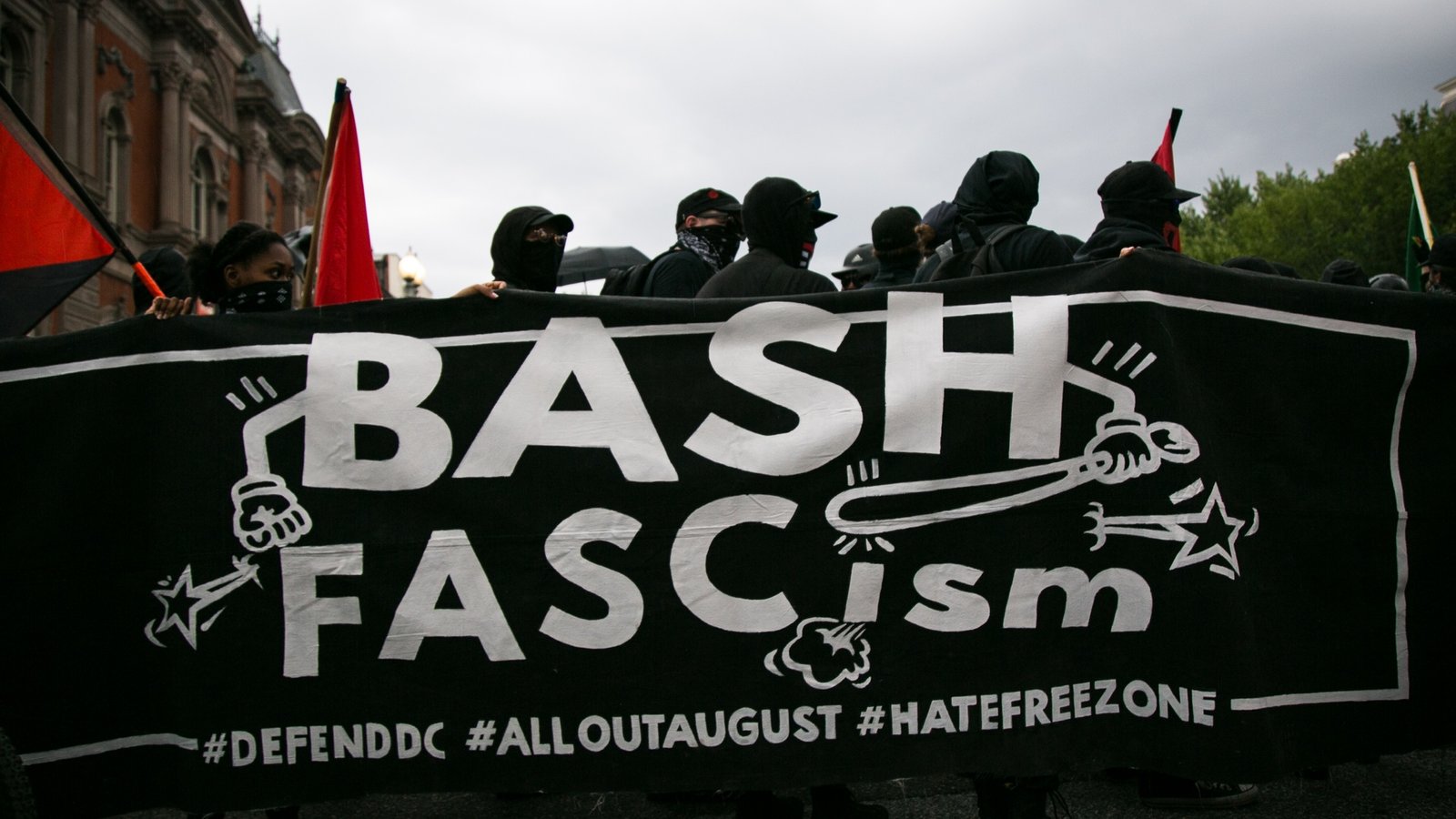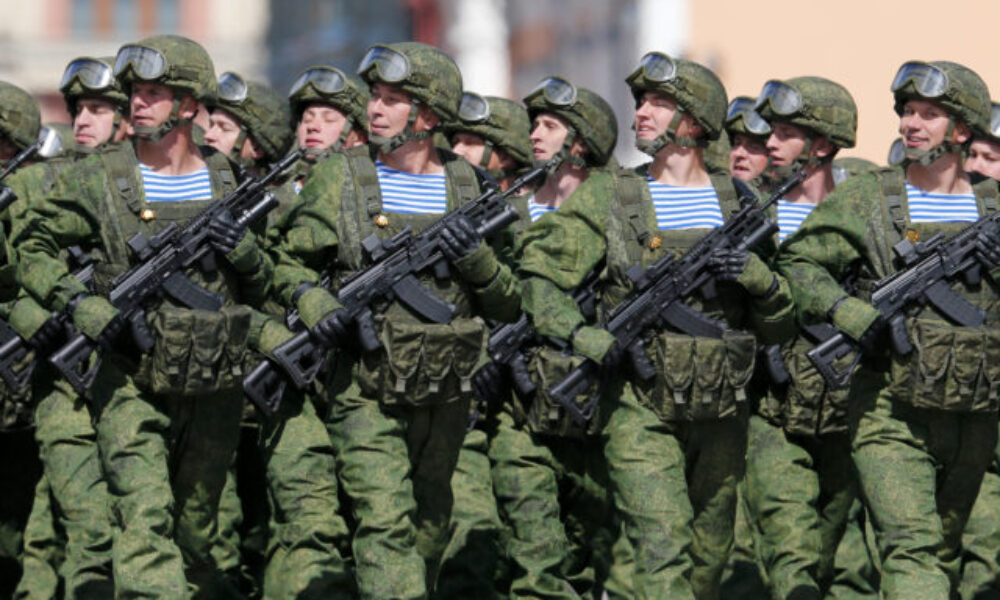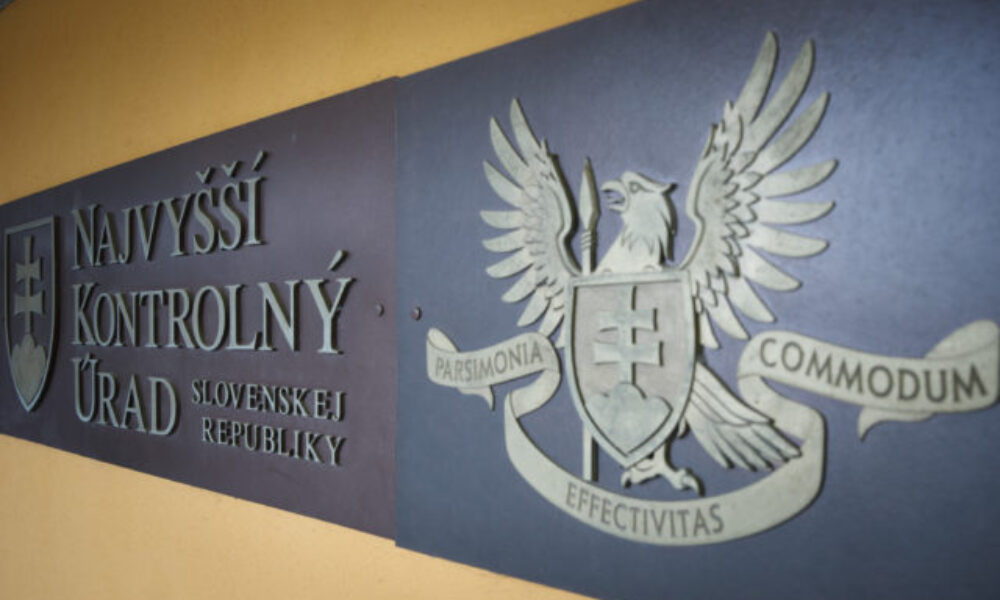
President Donald Trump signed an executive order designating the antifascist movement, antifa, as a domestic terrorist organization. Last week, Trump said he would sign the order in the wake of conservative activist Charlie Kirk’s assassination.
The White House called Kirk’s killing an example of left-wing political violence; however, investigators have not confirmed that the alleged killer subscribed to any particular ideology. They have only said the shooter, Tyler Robinson, was politically angry and disagreed with Kirk’s views.

Download the SAN app today to stay up-to-date with Unbiased. Straight Facts™.
Point phone camera here
Federal agencies directed to take action
The executive order instructs federal agencies “to investigate, disrupt, and dismantle any and all illegal operations” conducted by any person involved in the movement.
Trump’s executive order states that “Antifa is a militarist, anarchist enterprise that explicitly calls for the overthrow of the United States Government, law enforcement authorities, and our system of law.”
Antifa remains a decentralized movement, report says
According to a 2020 Congressional Research Service (CRS) report, antifa is not an official, unified political organization. It’s more of a broad activist movement comprising various individuals and lacks a centralized leadership structure.
People who identify with or act in the name of antifa generally share a common set of beliefs, usually in opposition to fascism and authoritarianism.
“Some members are willing to commit crimes, some violent, to promote their beliefs, although much antifa activity involves nonviolent protest such as hanging posters, delivering speeches, and marching,” the CRS report states.
Certain divisions of the U.S. government can legally designate foreign terrorist organizations, like Al-Qaida or ISIS, under laws that give the president and the State Department that authority.
However, there is no existing legal process that allows the president to formally label a domestic group as a terrorist organization in the same way, according to Luke Baumgartner, a research fellow at George Washington University’s Program on Extremism, who spoke to CBS News last week.
contributed to this report.










